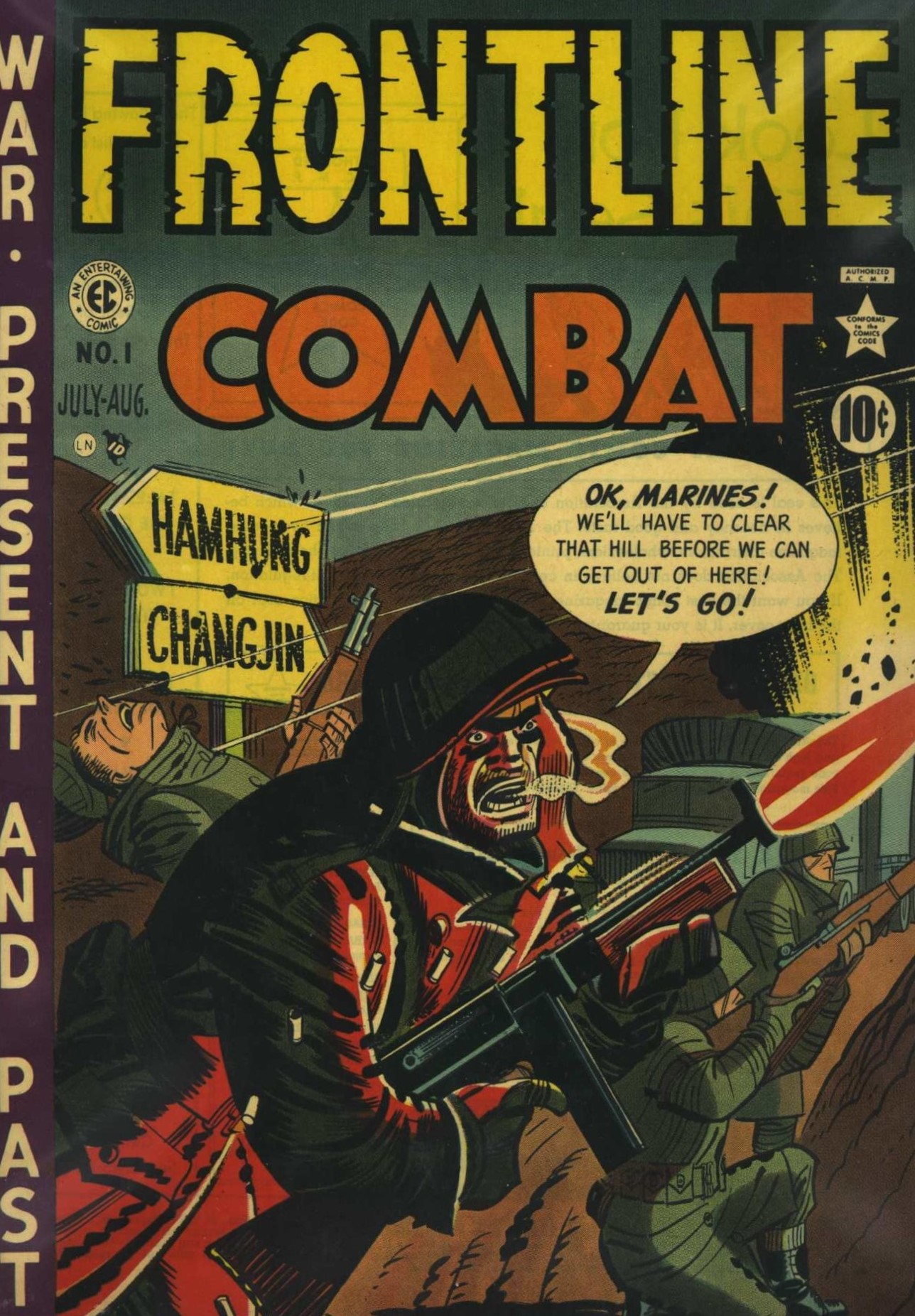
By Jim O’Neal
On the last weekend of June 1950, the United States was sweltering in that summer’s first heat wave. Those who could, left their small-screen TVs for air-conditioned movie theaters (that was the month my family acquired our first TV). Treasure Island, starring Robert Newton as Long John Silver, was Walt Disney’s first completely live-action movie and The Maverick Queen, Zane Grey’s 51st novel, was published posthumously. I missed both of them.
Half a world away, heavy rains from the first monsoon were falling on the rice paddies when the North Korean artillery – 40 miles of big guns, side-by-side – opened fire. The shelling was sporadic at first, but soon all artillery was erupting as officers corrected their range. Overhead, Yaks and Sturmoviks were headed toward Seoul, less than 50 miles away. North Korean People’s Army generals put 90,000 troops into South Korea smoothly with no congestion as junks/saipans were unloading amphibious troops behind Republic of Korea lines to the south.
It was early afternoon in New York, noon in Independence, where President Harry S. Truman was, and 4 a.m. on the faraway 38th parallel when, as General Douglas MacArthur later put it, “North Korea struck like a cobra.”
In a larger sense, it represented the inevitable collision of the Sino-Soviet push to extend communism and the U.S policy of containment. Truman secured a mandate from the United Nations to expel North Korea from the south, euphemistically called a “police action.” A U.N. force comprised of 90 percent Americans and South Koreans under MacArthur launched a counteroffensive with a daring amphibious landing in September 1950. By seizing the initiative, they drove the communists north, back across the 38th parallel. For the first time in history, an international organization had met aggression with force and when it was announced, Congress rose in a standing ovation. The Chicago Tribune congratulated the president, noting the approval of the action was unanimous.
However, as MacArthur was busy planning the next steps of the campaign, he tragically misread the intentions of Communist China. As U.N. forces approached the Yalu River, hundreds of thousands of Chinese troops poured across the border in January 1951 and drove MacArthur back south. These setbacks prompted him to consider using nuclear weapons against China or North Korea. When Truman refused to extend the conflict and a possible nuclear exchange, MacArthur criticized public policy. Unwilling to accept this insubordination, on April 11, 1951, Commander-in-Chief Truman relieved the popular general and replaced him with General Matthew Ridgway.
Although peace negotiations dragged on for months, as soon as Dwight D. Eisenhower was elected president, he made a special point to conclude all discussions. As the only general to serve as president in the 20th century, he was acutely aware of the ravages of war and was not about to let diplomats or the United Nations muddle along.
We miss him and his wisdom as we face an even more dangerous, nuclear-armed North Korea that grows more aggressive each day with solutions that are more limited and risky.
 Intelligent Collector blogger JIM O’NEAL is an avid collector and history buff. He is president and CEO of Frito-Lay International [retired] and earlier served as chairman and CEO of PepsiCo Restaurants International [KFC Pizza Hut and Taco Bell].
Intelligent Collector blogger JIM O’NEAL is an avid collector and history buff. He is president and CEO of Frito-Lay International [retired] and earlier served as chairman and CEO of PepsiCo Restaurants International [KFC Pizza Hut and Taco Bell].
